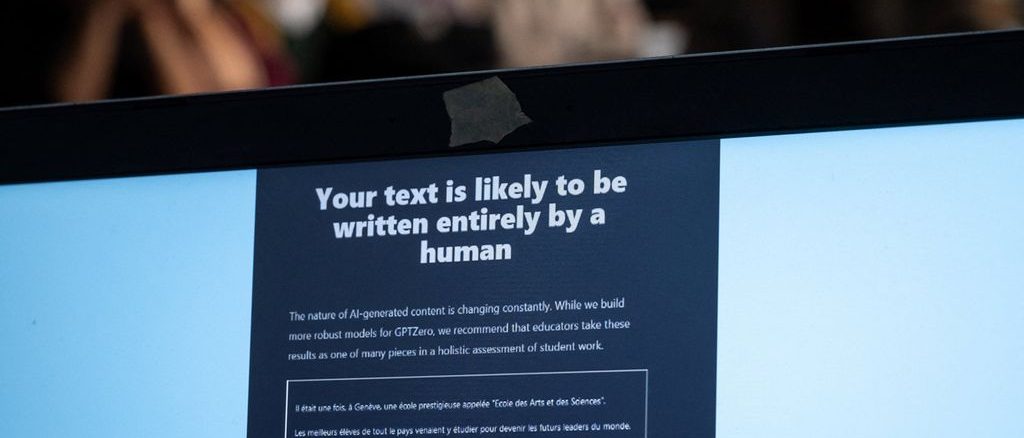
Introduction
OpenAI, the developer of ChatGPT, has decided to withdraw a recently launched recognition tool due to its lack of accuracy. The tool was designed to help teachers identify texts written by artificial intelligence (AI). However, OpenAI acknowledged the flaws in the system and is committed to working on user feedback to develop a more reliable solution in the future.
The Challenge of Recognizing AI-Generated Content
OpenAI’s decision highlights the difficulty of establishing a dependable system for recognizing AI-generated content, even for its creators. When the tool was launched in January, the company already acknowledged its imperfections. It mistakenly identified human-written texts as AI-generated content in 9 percent of cases, indicating the need for improvements. OpenAI noted that reliability increased when analyzing longer texts.
The Tool’s Purpose in Education
The recognition tool was primarily intended to support educators who face the challenge of identifying students’ use of text generators, such as ChatGPT, for assignments. Teachers expressed concerns about this issue earlier this year, stating that they were unable to distinguish between texts written by students and those generated by computers. Many students reported avoiding detection when using ChatGPT.
Future Development Plans
Despite the tool’s shortcomings, OpenAI remains committed to developing a reliable system that enables users to verify the authenticity of text, audio, or video content. The company plans to iterate on user feedback and make significant improvements to ensure accurate recognition of AI-generated content in the future.
Conclusion
OpenAI’s decision to take its recognition tool offline demonstrates the challenges involved in creating a dependable system for distinguishing AI-generated content. The company’s acknowledgment of the tool’s inaccuracy and commitment to addressing user feedback reflects its dedication to developing solutions that enhance trust in AI-generated text. By continuously iterating on its technology, OpenAI aims to provide users, particularly teachers, with reliable tools to identify authentic content and effectively manage the growing influence of AI in various domains.

Be the first to comment